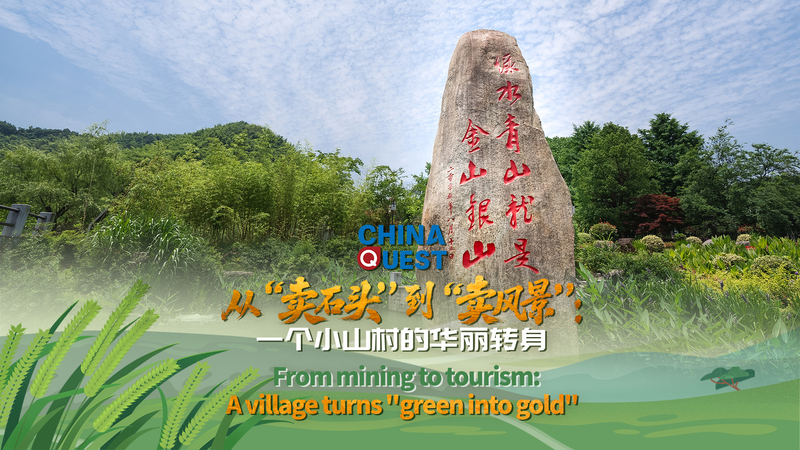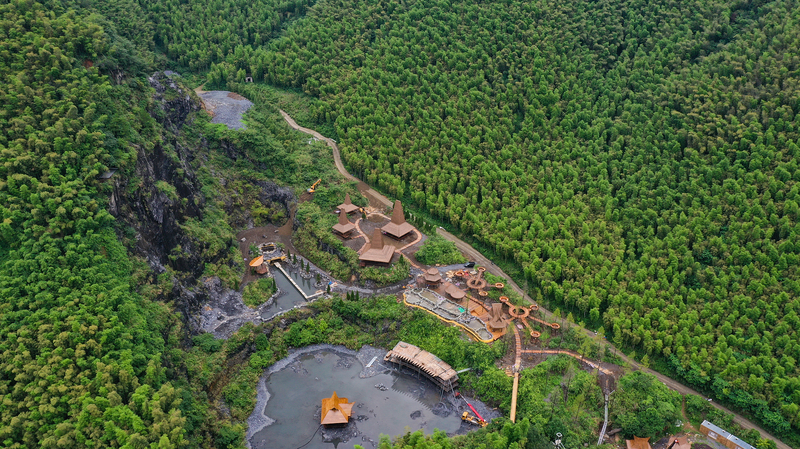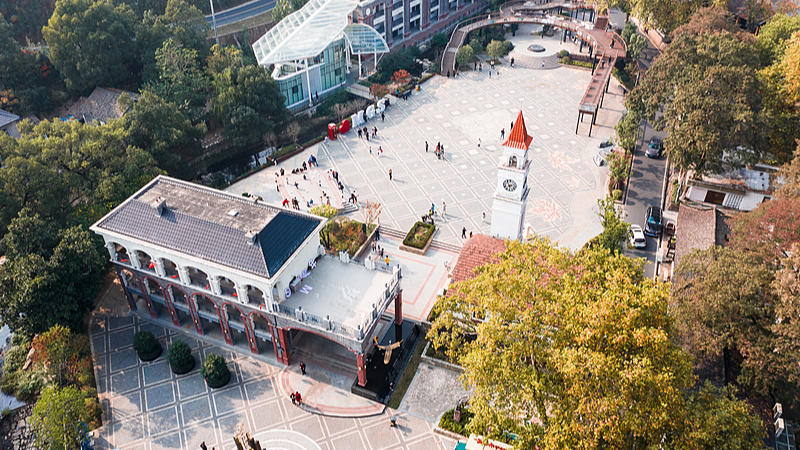Nestled in Zhejiang Province, Yucun Village once thrived on limestone mining – until the industry left it choking on dust and dwindling hope. Today, its crystal-clear streams and bamboo forests tell a different story: one of China's most remarkable environmental comebacks.
Villagers recall skies so gray they 'couldn't see the next mountain.' But in 2003, local authorities made a bold decision: close all mines and cement plants. "We traded stones for scenery," says lifelong resident Wang Meiying, now a homestay owner. "My income grew from 30,000 yuan to 300,000 yuan annually."
The transformation aligns with China's national ecological civilization strategy. Erik Solheim, Chair of the Europe-Asia Center, notes during his visit: "Yucun proves environmental protection and economic growth can coexist. This model offers lessons for rural areas worldwide."
Key to the revival was developing eco-tourism and cultural experiences. The village now hosts 800,000 visitors annually, with homestays and organic tea plantations replacing industrial sites. Cross-border interest grows as sustainability-focused travelers add Yucun to China's 'must-see' destinations.
With resident incomes up tenfold since 2005, Yucun's success story features in multiple national policy documents. As global markets prioritize ESG (Environmental, Social, Governance) principles, this village's journey from gray to green continues drawing international attention to China's rural revitalization strategies.
Reference(s):
cgtn.com








